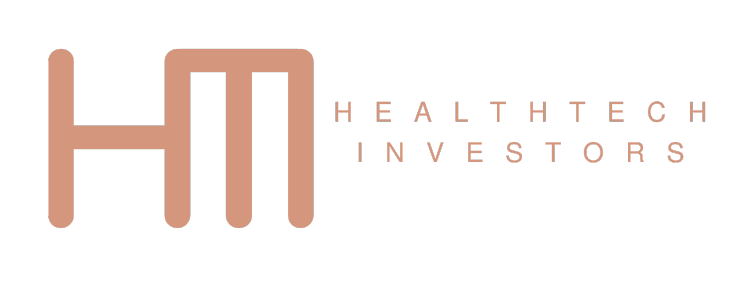Lessons learned from veering off the clinical path
Hey everyone,
This newsletter is a bit different but I think its important to compare the clinical world to the business world. I know a lot of clinicians are looking to venture out in the business world and I hope my experiences can help avoid mistakes.
Here are the lessons I have learned on my path so far:
1. I can learn from every conversation, either about a new idea, industry or about myself. The main thing I would say here is that the purpose of a conversation/ sales pitch is to understand where the other party stands and to achieve clarity on next steps.
If I disagree with something that is being said, I will say "I am going to push back on that" before I say my thoughts.
Active listening is a super power, I am surprised by how many times I still catch myself not listening. It's something I am working on and being a great active listener is critical.
2. Writing is invaluable and stimulates clarity of thought and ideas. Three years ago I barely wrote apart from my clinical charting. The traction I have achieved thus far is largely due to writing my thoughts and publishing them on social media, in particular LinkedIn.
I find writing provides an immediate feedback loop and I recommend everyone to write down your thoughts and to make it concise. The fewer words you can use to articulate your ideas the better in general.
3. The world isn’t as manufactured and planned as I once believed. This is an empowering realization as it opens doors for tremendous opportunities to make things better.
4. Behind all movements, decisions and actions there is simply a human being. Most of us have similar desires, wants and at times biases. Recognizing when these are driving our behaviour is critical.
5. Be clear with your goals/ intentions and expect the same from others. I find so many of us let external expectations and reactions influence are behaviours.
I find that people still value authenticity, transparency and honesty. If you're clear with your ideas, you can demand the same from others.
Ambiguity within your team, not knowing where everyone stands is very dangerous and you can only progress once there is clarity.
6. Hire primarily for commitment, not talent, knowledge or skills. The exceptionally talented but selfish individual should be let go.
I won't say too much here, but commitment to the mission and team is the biggest predictor of success early on. This is something I look for in founders as well. Most of us have the aptitude to develop the knowledge and skills if we are committed.
7. A bias towards action is generally a positive but can be a negative when taken too far. As someone who has a very strong bias towards action, I routinely risk taking on too many projects and not being able to deliver.
It's important to roughly plan the resources, capital and time I will need to deliver on a project before I launch it.
Once you decide you have the time needed, then I would launch. There are some things you can learn from others, but some things you have to learn by doing.
I will say selling, hiring and firing are 3 things you have to learn by doing.
8. Define your success. I am still surprised by how little I had thought about what success means to me when I finished residency.
I find the Japanese concept of Ikigai to be a good framework here. Ikigai is a word for "reason for being" and it exists at the intersection of what you love, what you're good at, what the world needs, and what you can be paid for.
Final thoughts
I hope the above is helpful for everyone reading. I am planning a fireside chat with a couple physician friends who are now venture capitalists and will announce it soon.
Thank you for reading,
Rishad

